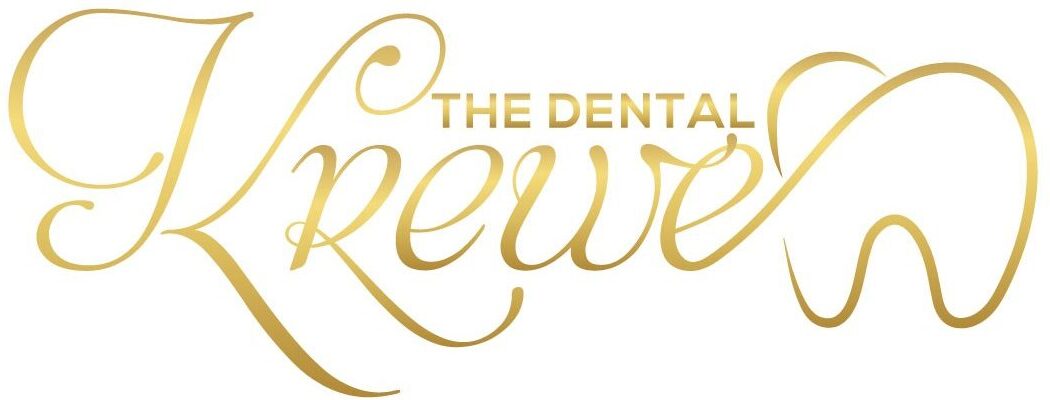DENTISTRY FAQs
Frequently asked questions for dentists
How important is a balanced diet?
A balanced diet is crucial for strong teeth and gums because it provides essential nutrients like calcium, vitamin D, and phosphorus that help maintain enamel and prevent decay.
Are dental X-rays necessary?
Yes, dental X-rays help detect hidden issues such as cavities, infections, and bone loss that are not visible during a regular exam.
How often should I change my toothbrush?
You should replace your toothbrush every three to four months or sooner if the bristles become frayed.
What are dental sealants?
Dental sealants are thin, protective coatings applied to the chewing surfaces of molars to prevent cavities by blocking bacteria and food particles.
Can adults benefit from dental sealants?
Yes, adults with deep grooves in their molars or a history of cavities can benefit from sealants to reduce their risk of decay.
What should adults do for sensitive teeth?
Adults with sensitive teeth should use a toothpaste designed for sensitivity, avoid acidic foods, and consult a dentist to check for underlying issues.
How can adults prevent gum disease?
Brushing twice a day, flossing daily, using an antibacterial mouthwash, and scheduling regular dental cleanings help prevent gum disease.
Is flossing really necessary?
Yes, flossing removes plaque and food particles from between teeth where a toothbrush cannot reach, reducing the risk of cavities and gum disease.
What are signs I might have a cavity?
Common signs include tooth sensitivity, pain when eating sweets or hot/cold foods, visible holes, and dark spots on the tooth.
What are the symptoms of gum disease?
Symptoms of gum disease include red, swollen gums, bleeding while brushing or flossing, persistent bad breath, and receding gums.
